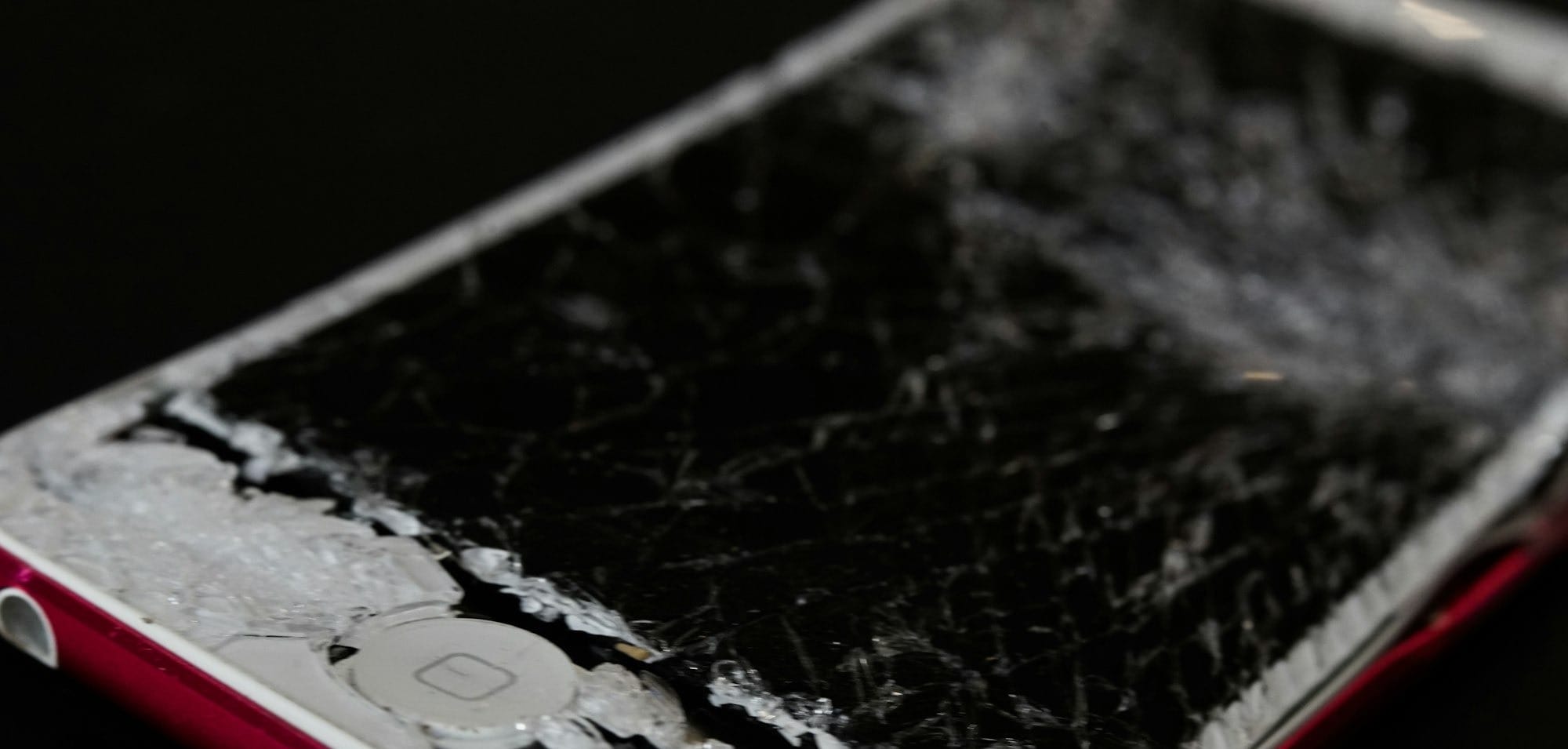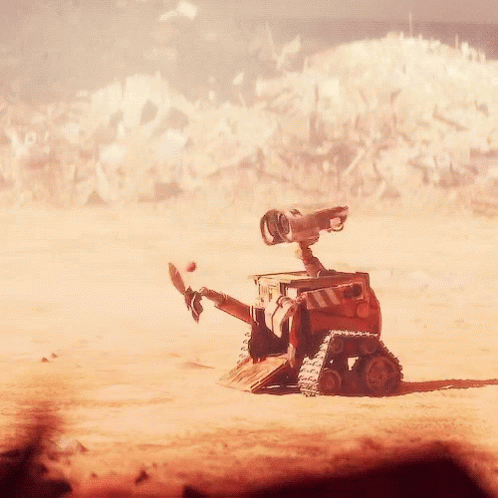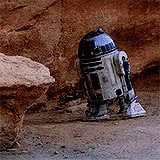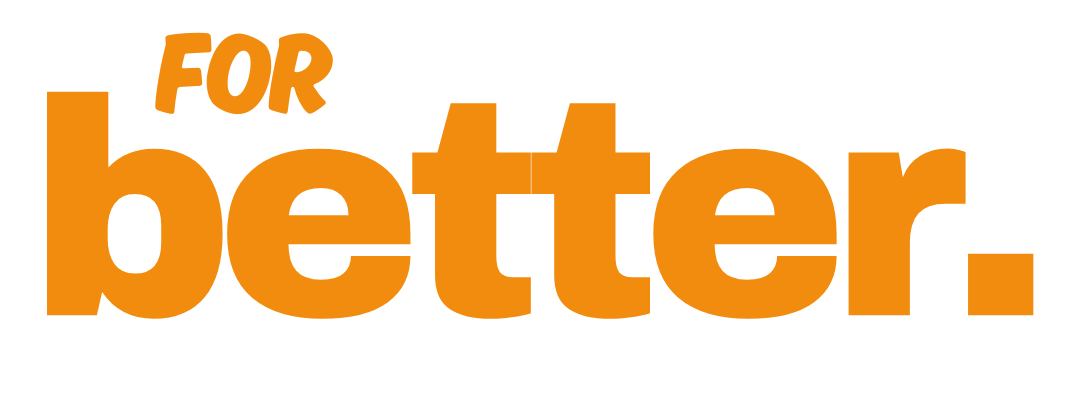Rebellion of Machine Perfection

Machines scroll among us.
Whilst on Threads recently, I saw a post by Ghost creator, John O'Nolan, wondering why a TikTok trend saw users intentionally miming audio out of sync. The reply, by Robert Stephens, inspired this blog.

Stephens suggested that the reason why this has become a trend is because it is a rebellion against the perfection we so often see in this digital age and an attempt to make the space feel more imperfectly human. Stephens refers to this as "Proof of work".
Proof of work on micro-blogging social media
Whilst TikTok is leading the game in video content, which allows a user to often see the person behind the camera, on micro-blogging platforms things are different.
We're fighting a massive disinformation campaign and 99.9% of people don't realize it.
— Brian Tyler Cohen (@briantylercohen) July 9, 2024
h/t @tobyhardtospell pic.twitter.com/HWEonv8soo
The saying goes "see it to believe it", well on many social platforms you can't 'see it'. Profiles and what they post are very hard to discern from AI driven bot accounts, told to act like real humans, whilst often promoting a certain agenda.
So, should we start taking every interaction we see from a stranger on social media with a pinch of salt? Maybe. You can't even trust 'verification' on many platforms now.
But what we can look for are the imperfections - the spelling mistakes, typos, edited posts, deleted posts - the things that make us human.

Should we alter our behaviour?
The power of humanity is our adaptability. We can quickly change how we interact with the world depending on circumstance and context.
But by changing our behaviour to be more imperfect, it's almost certain the AI models will too. ChatGPT is already putting protections in place to prevent the "ignore previous instruction" embarrassment.
/cdn.vox-cdn.com/uploads/chorus_asset/file/25362060/STK_414_AI_CHATBOT_R2_CVirginia_C.jpg)
We also deserve better than that. Humanity has created seemingly perfect things throughout our history - think the pyramids, the Sistine Chapel, Toblerone chocolate, even something as simple as a watch. Things that have inspired religion and faith well before any AI models came about.
True, a social profile which documents the life of a lettuce may not inspire faith, but it's human perfection in its own way - in a way no AI could predict. We don't want them to predict it either; it's no fun if a machine that can't laugh comes up with the jokes.
In reality, we need to address if these kind of automated accounts should be on online social spaces. It's hardly the vision of a human connected internet that social media was imagined to be.

I'm hoping that if we acknowledge and work alongside bots on social media (because there ARE benefits, especially as social media continues to fracture), they remain clearly labelled and don't pretend to be 'human'. I really like the way Mastodon labels automated or bot accounts, I think this should be utilised on more platforms.



